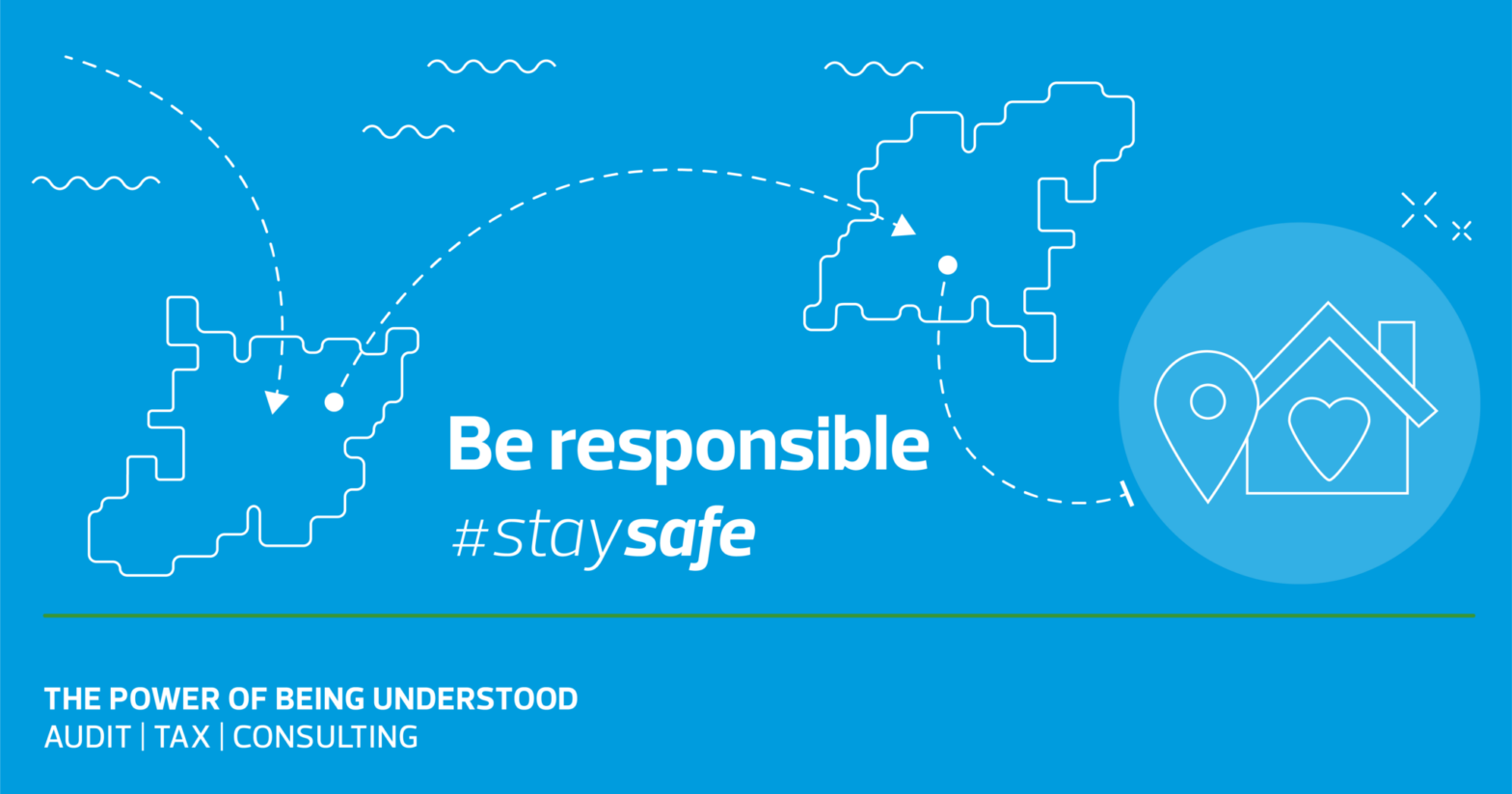While the COVID-19 pandemic continues to evolve globally, many people and headhunter company in Thailand are already planning for the other side of this situation. At the same time, the pandemic is accelerating the need for workplaces to change and adopt a remote and more flexible working environment, activity-based workplace, and new employee policies. The future of work has turned in a new direction, becoming virtual and remote. Having a remote working environment also allows employers the opportunity to reconsider what and how work is performed. Organizations must learn and adapt the function of remote flexible workplaces to facilitate a better work-life balance and help increase employee productivity.
In many industries, work can be done effectively at a distance, with technology allowing connectivity, collaboration, and innovation. The COVID-19 crisis has increased employer awareness and focus on technological tools, and will likely accelerate their development into the workplace. Employers will need to determine the specific tools and techniques that fit into their corporate cultures and ensure that employees have all the necessary equipment they need to work efficiently when working remotely. In many cases, companies are allowed to use communication and technological innovations such as Zoom, WebEx, and Microsoft Teams. With these tools, remote work in some industries has proven an effective and efficient alternative. Companies can strengthen productivity whenever and wherever work is happening. The downside to this is likely to be the reduced requirement for commercial property which of course may have a detrimental effect on landlords whilst tenants may benefit from reduced rentals and utility costs.
The pandemic highlighted that another benefit of remote working is that many employees now waste less time on commuting and the traditional eight-hour workday will also be challenged as workplaces provide greater flexibility for employees. These changes may not only improve employee productivity but also reduce costs such as rentals (as already mentioned above), facilities operations, and maintenance which are often the largest overhead costs facing many organizations.
COVID-19 has taught headhunter company in Thailand the importance of flexibility, tolerance, and a willingness to learn and adapt accordingly. Every organization has to adapt to the change and be ready to deal with challenges. Delivering a supportive, engaging and improving employee experience will help retain the best people and may improve productivity significantly after the pandemic ends.

